REVIEW
Published on 06 Aug 2024
The known and unknown about attention deficit hyperactivity disorder (ADHD) genetics: a special emphasis on Arab population
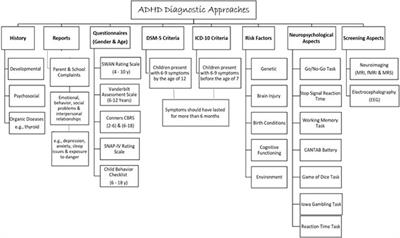
doi 10.3389/fgene.2024.1405453
- 2,864 views
3,647
Total downloads
13k
Total views and downloads
Select the journal/section where you want your idea to be submitted:
REVIEW
Published on 06 Aug 2024

ORIGINAL RESEARCH
Published on 29 Jul 2024
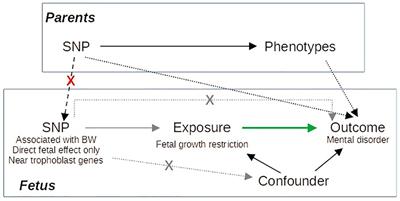
ORIGINAL RESEARCH
Published on 29 Feb 2024
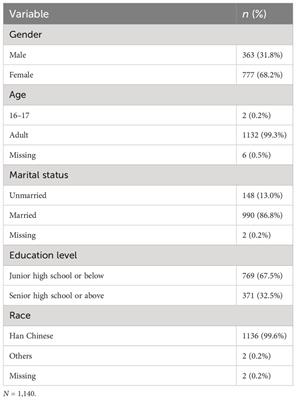
SYSTEMATIC REVIEW
Published on 05 Jul 2023
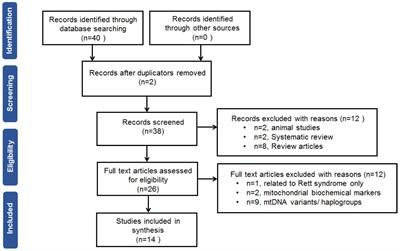
ORIGINAL RESEARCH
Published on 21 Jun 2023
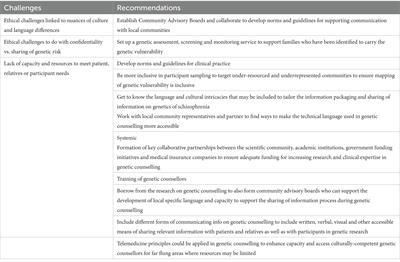

Frontiers in Genetics